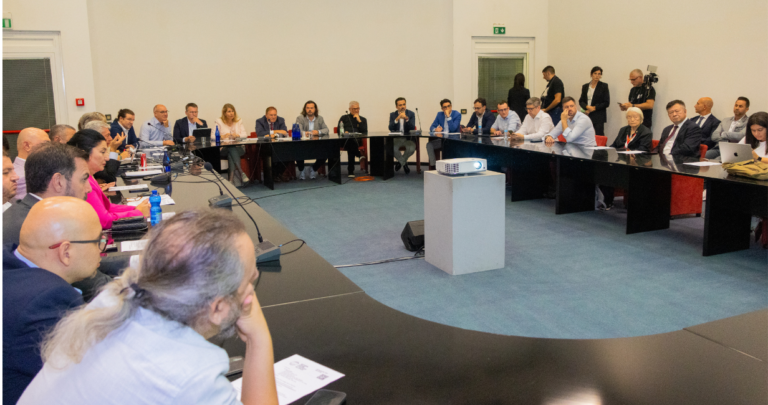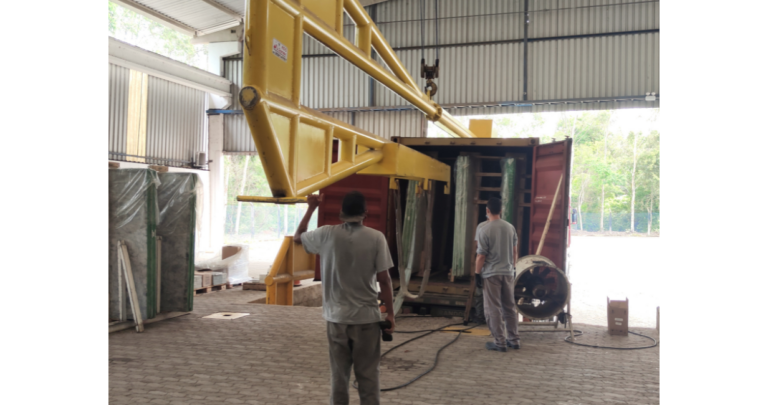
By Patricia Brum*
I frequently receive calls from Brazilian exporters with open invoices in the United States asking me what can be done. The answer, unfortunately, is never as simple as they would like. There is no magic formula. Here in the United States there is no Serasa or a centralized body to suspend the importer’s credit.
However, this does not mean that the exporter does not have resources. What he needs is to understand what these features are before doing the export. Only then will he be able to effectively protect his rights in an eventual commercial dispute.
This article briefly discusses three rules of the US legal system that are generally unknown to Brazilian exporters, but which have the potential to alter the current power relationship that exists between importers and exporters when involved in trade disputes.
1. Terms and Conditions of Sale May Be Included in Pro-forma Invoices
When Brazilian exporters think of commercial contracts with their clients, they usually imagine something inaccessible and unfeasible: a multi-page contract, prepared and negotiated by lawyers and signed by both parties. The American reality, however, is quite different.
Most US companies negotiate purchase and sale terms through purchase orders, pro-forma invoices, and email/text message confirmations. And that doesn’t make those contractual terms any less valid. Even the Uniform Commercial Code (UCC), adopted by all American states, is dedicated in part to resolving commercial disputes in which there is no formal signed sales contract.
Perhaps you’re wondering why Brazilian exporters don’t use this informal system of proformas and invoices to include sales terms that protect your rights? The most common answer is that unfortunately Brazilian exporters are unaware of the UCC rules. This means that they not only lose the opportunity to protect their rights through these informal clauses, but also leave them at the mercy of the importer who uses these rights to control and strengthen himself in case of future disputes.
Of course, solving the problem is not so simple. It is not enough to include a clause in the final invoice to make it part of the sales contract. The UCC assembles a set of rules to explain when and how terms must be entered in order for them to become part of the transaction. That’s why the importance of a good lawyer to train the commercial departments and give them additional tools to protect their exports according to the rules of the code (UCC).
2. US Law Does Not Provide for Reimbursement of Fees Spent by the Winning Party in Commercial Disputes
One of the commercial terms that can be included in the sales contract through informal clauses in proformas and invoices is the fee clause for the winning party. This clause has the possibility of changing the bargaining power between importers and exporters in case of commercial disputes.
Brazilian businessmen are used to the rule that the winning party in a commercial dispute is compensated, even partially, for its legal costs. In the United States, the rule is different because US law does not require the losing party in a commercial dispute to pay the winning party’s fees. That is, if the exporter wants or needs to take legal action against a customer, he will have to pay all legal costs with no expectation of reimbursement.
Although US law authorizes parties to negotiate fee clauses in their terms of sale, very few Brazilian exporters do this. The result in practice is that Brazilian exporters basically lose the right to sue their customers.
Imagine that a Brazilian exporter has an open invoice worth $50,000. He will spend over $35,000 to file a lawsuit against the importer. This discourages the exporter from suing the importer, choosing to give a significant discount on the invoice or simply abandon the charge.
However, this reality is completely different when there is a fee clause. In these cases, small business disputes – $10,000-$15,000 are taken to court. This is because the value of the case is not only the amount of the unpaid invoice, but also includes the potential fee amount which is often significant.
3. Commercial Disputes Are Generally Decided in the State of the Importer and Under the Laws of that State
Another commercial term that can be included in the sales contract through informal clauses in proformas and invoices is a clause defining the place and law that will govern the legal dispute. This is also another clause that can be and is different.
difference between the power of the exporter to go to court or not.
Another peculiarity of the American legal system that strengthens the importer and weakens the exporter is the rule that the forum and law governing the dispute between the parties is that of the state and city of the importer.
This rule favors the importer because he can have a single legal office, work with lawyers who know his business intimately, and have a home court advantage. In return, the exporter is forced to identify and deal with different lawyers in different forums who tend to always protect local companies.
The inequality generated by this rule is a real thing. American companies negotiate these clauses hard because they know the impact it has. Brazilian exporters must also do the same.
In conclusion, the UCC allows the Brazilian exporter to protect his rights with minor adjustments to the sales documents that the exporter already has. However, for this to be done effectively, commercial departments must be trained to really understand when and how these clauses can be inserted, and how the importer’s documents can invalidate the clauses proposed by the exporter. If you want to know more about this subject, please contact me.
* Patricia Brum is from Espírito Santo and a lawyer at Snell & Wilmer LLP, the largest law firm in the western United States. As a lawyer, Patricia specializes in representing companies in international commercial disputes, including collections. Before becoming a lawyer, Patricia worked for more than 10 years in the ornamental stone sector, both in Brazil and abroad. Patricia uses this experience to advise her clients, including construction companies, distributors and exporters, in finding efficient solutions to their commercial disputes.
Contact: pbrum@swlaw.com I WhatsApp +1 714.269.6885
free webinar
On the 14/07th, at 14 pm, we’ll talk about how to be effective in legal collection in the United States during a free webinar.
PARTICIPATE AND UNDERSTAND what can be done and how to prevent this type of problem.
Free registration ➡️ https://bit.ly/3qCEraS
See also
Global natural stone federat ...
22 de January de 2026
Despite heavy tariffs, Brazi ...
11 de December de 2025
With a focus on logistics an ...
4 de December de 2025







